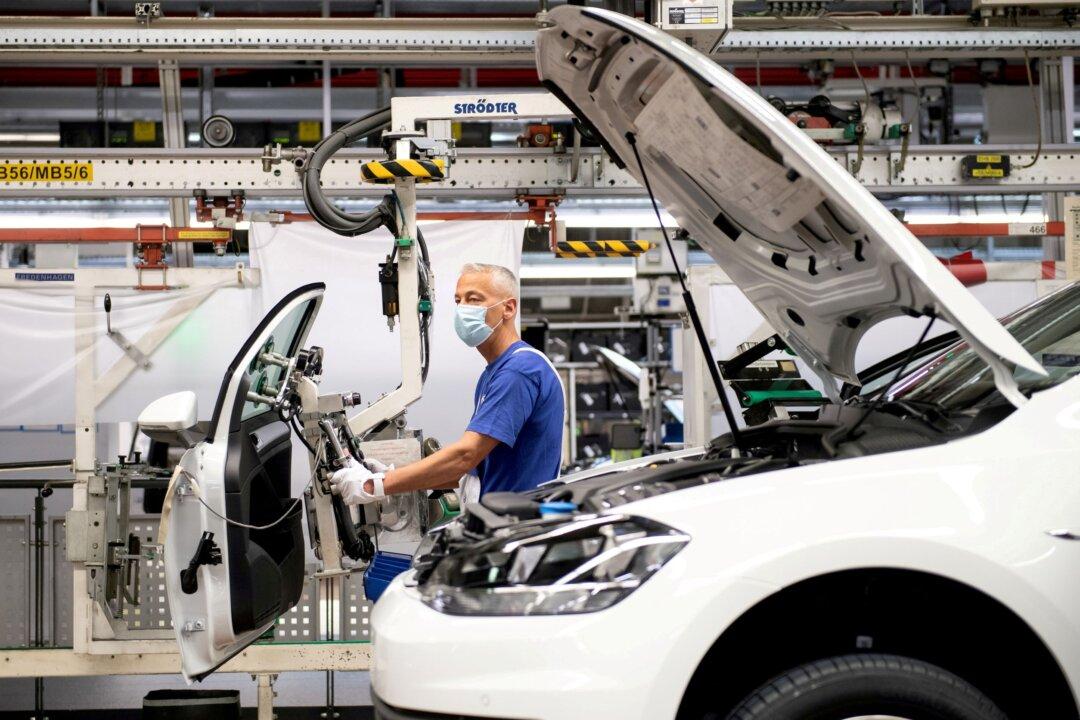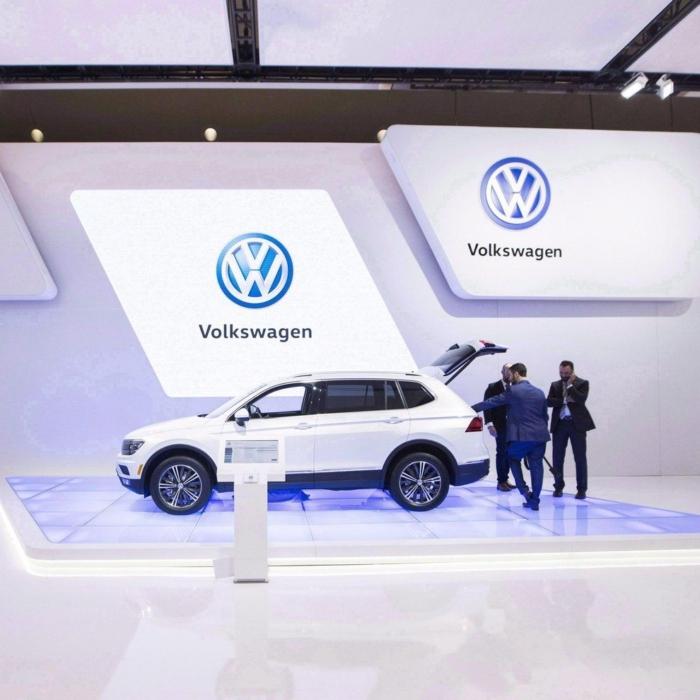Volkswagen is considering factory closures in Germany for the first time amid increasing pressure from cheaper Chinese electric vehicle competition.
The automaker is targeting $11 billion in savings by 2026 to survive the transition to electric cars.
“The situation is extremely tense and cannot be overcome by simple cost-cutting measures,” Volkswagen brand chief Thomas Schäfer said in a statement on Sept. 3.
As Germany’s largest industrial employer and Europe’s top carmaker by revenue, Volkswagen employs about 680,000 people. It said that amid the pressure, it also felt forced to end its job security program, which has been in place since 1994 and prevents job cuts until 2029.
It said that all measures would be discussed with its works council.
Chinese EVs
In June, the German statistics office said that 40.9 percent of all the electric cars imported in the first four months of the year came from China.Politicians Have ‘Accelerated the Decline’
Andy Mayer, chief operating officer and energy analyst at the free-market think tank Institute of Economic Affairs, told The Epoch Times by email that German plant closures are “inevitable at Volkswagen and elsewhere.”“The Volkswagen Passat in English means roughly ‘trade winds from the east impacting the people’s car,’ and this is the situation in Germany today,” he said.
Mayer said that Chinese competition is “undermining the industrial model that makes Germany an outlier in the west with 18 percent of the economy in manufacturing, versus 8 [percent to] 10 percent in most of the rest, including the UK.”
He said that the German industrial relations model of social partnership, in which costs are managed by agreement with powerful unions and political support, has at times sustained this system by restraining wages.
“But it impedes change when more radical action is required,” Mayer said.
“Companies facing global competition, for example, cannot sustain generous job protection programs, agreed when times were good and the efficiency gap with rivals large and sustainable through high levels of capital investment. Nor can they repetitively impose cuts on their efficient international operations when much of the cost and waste is within Germany.”
Unions
The cost-cutting program is leading to a major conflict with the company’s works council and IG Metall, Germany’s largest trade union, which said that it will “fiercely resist” any plant closures.“This short-sighted and highly dangerous course risks destroying the heart of Volkswagen,” he said.
Daniela Cavallo, chair of the General Works Council of the Volkswagen Group, said the result is “an attack” on its “jobs, locations, and collective agreements.”
“This puts VW itself, and thus the heart of the company, at risk,” she said. “We will fiercely resist this. With us, there will be no plant closures.”
The Epoch Times contacted Volkswagen for comment but didn’t receive a reply by publication time.







